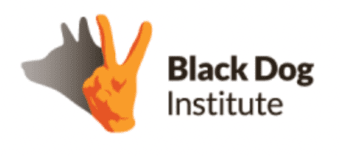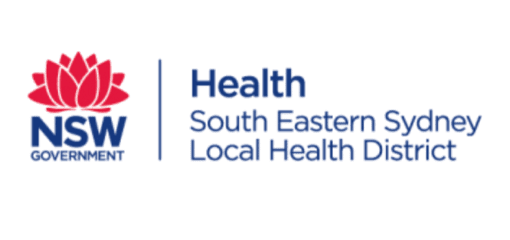Psychedelics for mental health show a lot of promise, but there are gaps in knowledge that are important to address
Monday 27 February 2023
The Therapeutic Goods Administration (TGA) recently authorised psychiatrists to prescribe psilocybin for PTSD and treatment-resistant depression. While Black Dog Institute supports psychedelic-assisted therapy in evidence-informed circumstances, further research and carefully-developed protocols are required before psychedelics for mental health are put to wider practice.
“Studies show great promise for psychedelics in treatment-resistant depression (TRD). But so far, we have minimal evidence from large substantive studies — the kind of evidence usually required in medicine before a treatment is approved— and there are a lot of unknowns in how to use this new treatment.” – Prof. Colleen Loo, Black Dog Institute.
Professor Colleen Loo is a researcher and clinical psychiatrist with Black Dog Institute who pioneered research into novel treatments such as neurostimulation and ketamine in Australia. She has worked with patients with treatment-resistant depression and led research in this area for over 25 years. With Dr Adam Bayes, academic psychiatrist at the Black Dog Institute, the program of research has expanded to include studies of psychedelic-assisted psychotherapy for mental health problems.
What is psychedelic-assisted therapy and how does it work?
The term “psychedelic” refers to medications or drugs that help to alter certain pathways in the brain that may have been affected by conditions like depression. Medications may include ketamine, psilocybin, or MDMA. The medicine is usually administered in clinic under supervision, and used in conjunction with regular therapy.
Research has shown some promising results for ketamine and psilocybin for treatment-resistant depression.
Treatment may be offered to patients experiencing depression who have not responded to medications or other modes of treatment.
Should psychedelics be legalised for treatment of depression?
It is known from published studies that approximately one-third of patients with depression do not respond to standard antidepressant medications. A good portion of these patients can get better with brain-stimulation treatments such as transcranial magnetic stimulation (TMS), eletroconvulsive therapy (ECT) and ketamine, Prof Loo says.
In fact, ECT is the most effective treatment we have for treatment-resistant depression that has a biological component (that is, depression that is not driven by psychological and social factors). Ketamine, a relatively new treatment that is now available in Australia, is showing almost as much efficacy as ECT for treatment resistant depression. Ketamine is available by prescription in Australia, but cost is a barrier to treatment access, as the treatment procedure is not currently covered by Medicare.
The TGA recently authorised psychiatrists to prescribe psilocybin under strict guidelines. For Psilocybin, there have been preliminary studies with some promising results, but further research is needed before we can safely translate the research into clinical practice, Prof Loo says.
There are two key issues that people need to be aware of, Prof Loo explains. First is the risk of relapse after initial improvement and whether further treatments will be effective and safe – we have little information on this. While studies and clinical trials have shown promising results for psilocybin, we need to learn more about long-term use.
Second, to undergo psychedelic-assisted therapy, patients need to come off their regular medications for depression. While this will not be an issue for some people, others risk a severe relapse if their medications are ceased. This is particularly so for those with the most severe depression. Coming off medications needs to be carefully supervised by a psychiatrist and can take weeks to months.
“The process of going from a research study to clinical practice, or clinical translation, is a complex one; clinical practice is very different to providing treatments in a research study […] Any guidance for psychiatrists will need to start with a frank statement of all these unknowns, which should be discussed with anyone asking to undergo these treatments.”
Prof Colleen Loo is currently the senior investigator on a clinical trial with psilocybin for treatment resistant depression, as she continues her work with the Neurostimulation and Ketamine Clinic and Treatment Centre at Black Dog Institute.
Brings together the strengths of four founding organisations









